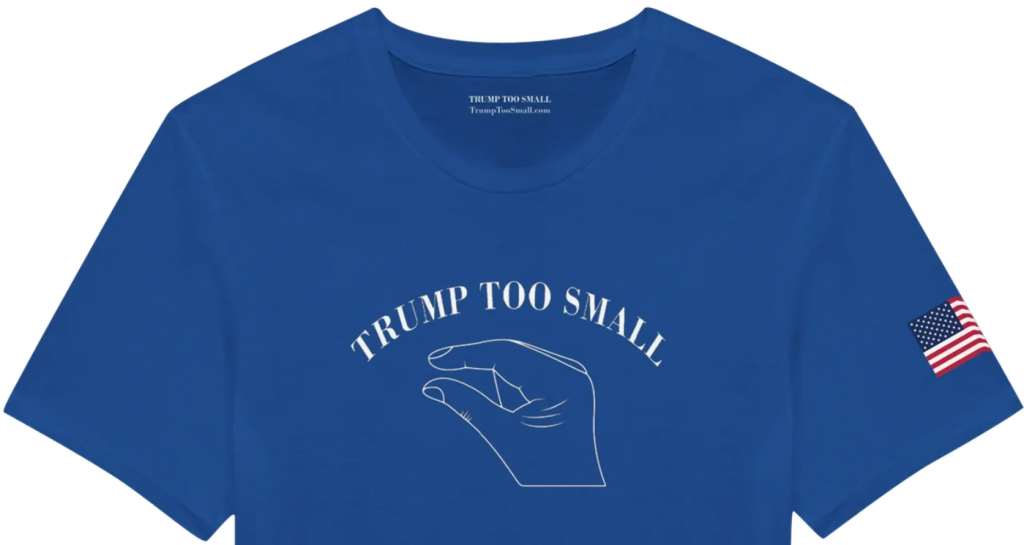by Dennis Crouch
In a brief order, the Federal Circuit has put what appears to be the final nail in the coffin of Steve Elster's attempt to register "TRUMP TOO SMALL" as a trademark.
To continue reading, become a Patently-O member. Already a member? Simply log in to access the full post.

